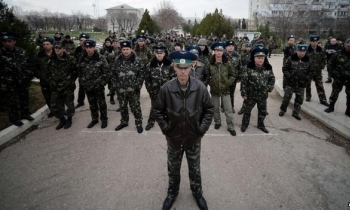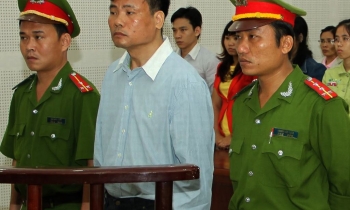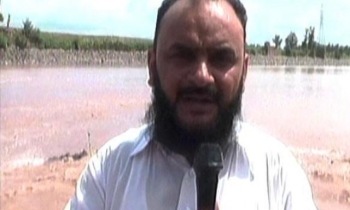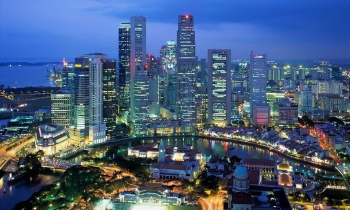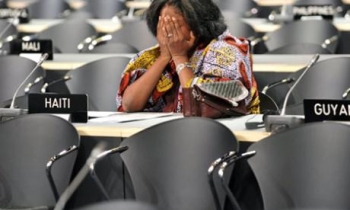Cable operators in Pakistan have decided to block transmissions of television channels broadcasting negative programmes against the "solidarity of Pakistan, armed forces and the judiciary." The Cable Operators Association of Pakistan (CAP) Saturday announced that it could not become a party to the "campaign of TV channels."
The chairman of the association, Khalid Shaikh, said cable operators were facing severe public criticism for showing these programmes and receiving calls from subscribers to stop these TV channels. He said some political parties were also threatening cable operators to conform to their directives or face attacks on their transmission system. When the reporters insisted, Shaikh said the party in question was the Muttahida Majlis-e-Amal (MMA).

The CAP move comes close on the heels of the Pakistan government's decision Thursday last to invoke some existing laws to curb unhindered media coverage, particularly the electronic media's live coverage of outdoor events even as Information Minister Mohammad Ali Durrani warned newspapers and private television channels against crossing what he termed "legal limits."
Shaikh said cable operators were patriot and could not telecast anti-state programmes. He said that monitoring of such programmes had begun from Saturday by provincial committees of CAP. He also urged the Pakistan Electronic Media Regulatory Authority (PEMRA) to provide protection to cable operators and their transmission systems all over the country. He said more than 500,000 families earned their livelihood from the cable operators' network.
Earlier, at a news conference, Durrani had made it clear that the government was annoyed over the live coverage of a recent seminar at the Supreme Court in which several fiery speeches were made, punctuated with anti-government slogans, according to the Dawn.
"An element clearly violated the limits that the Constitution and the law of the land put on every citizen about protecting the honour and respect of the judiciary and the armed forces," he said, indicating that such moves warranted action. The minister did not specify the possible actions which the government intended to initiate but warned that PEMRA laws, especially the ones about controlling the live coverage of events, would be applied, the Dawn report said.
Information ministry officials told the daily that the government, while using some PEMRA laws, was planning to make it mandatory for televisions channels to seek prior permission for live coverage of outdoor events. If applied strictly, the government may restrict all live coverage, particularly of events like opposition rallies or events relating to the judicial crisis.
"The events of the past two months have brought into sharp focus the issue of freedom with responsibility and a matter of concern for everyone within the government or outside it," the information minister said, acording to the Dawn report. He said that the judicial issue, which required a judicial verdict, had been politicised to the extent that the Supreme Court's own directives were also not adhered to.

The Pakistan Broadcasters Association (PBA) Saturday reviewed the restrictions and termed the curbs an attack on the fundamental constitutional right of expression. The meeting passed a resolution, requesting the government to show respect for the freedom of expression as guaranteed in the Constitution.
The resolution highlighted the fact that the government had given an exemplary liberty to the media. However, "at this critical juncture, the government's resolve is under severe test. The government must show tolerance and should be able to absorb criticism in the larger national interest. The grant of selective and conditional freedom can be a dangerous tool. The restraining orders, recently issued have come as an unpleasant surprise."
“Restricting live outside broadcasts is blatant censorship that undermines the government’s repeated claims of fostering a free press,” said Joel Simon, Committee to Protect Journalists (CPJ) Executive Director. “Such censorship, coupled with the threats and violence directed toward journalists in recent months has put Pakistani media under tremendous pressure at a time when the country most needs a free and unfettered press.”
The Pakistan Federal Union of Journalists (PFUJ) “deplored the government decision to impose a ban on live coverage by private TV channels in violation of Article 19 of the constitution.” PFUJ said it will challenge the rulings in court.
In an April 24 letter, CPJ had called on President Pervez Musharraf to “to reverse the government’s recent anti-press actions and allow for greater public criticism of your administration in the media.” In May, CPJ named Pakistan one of the world’s worst backsliders on press freedom after documenting a series of anti-media incidents in 2007.

